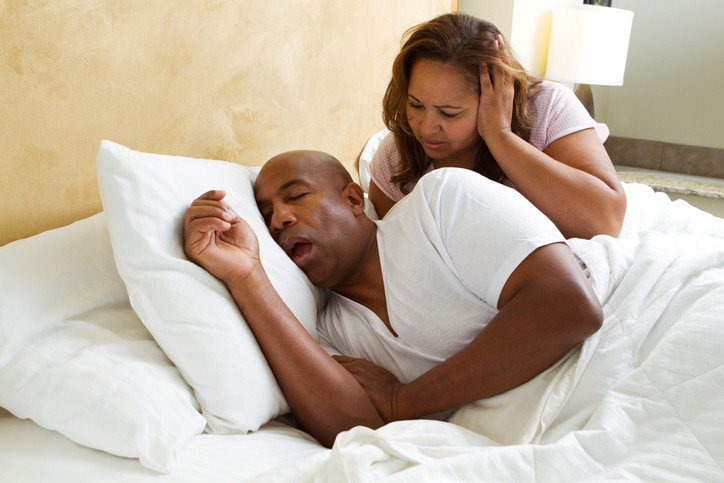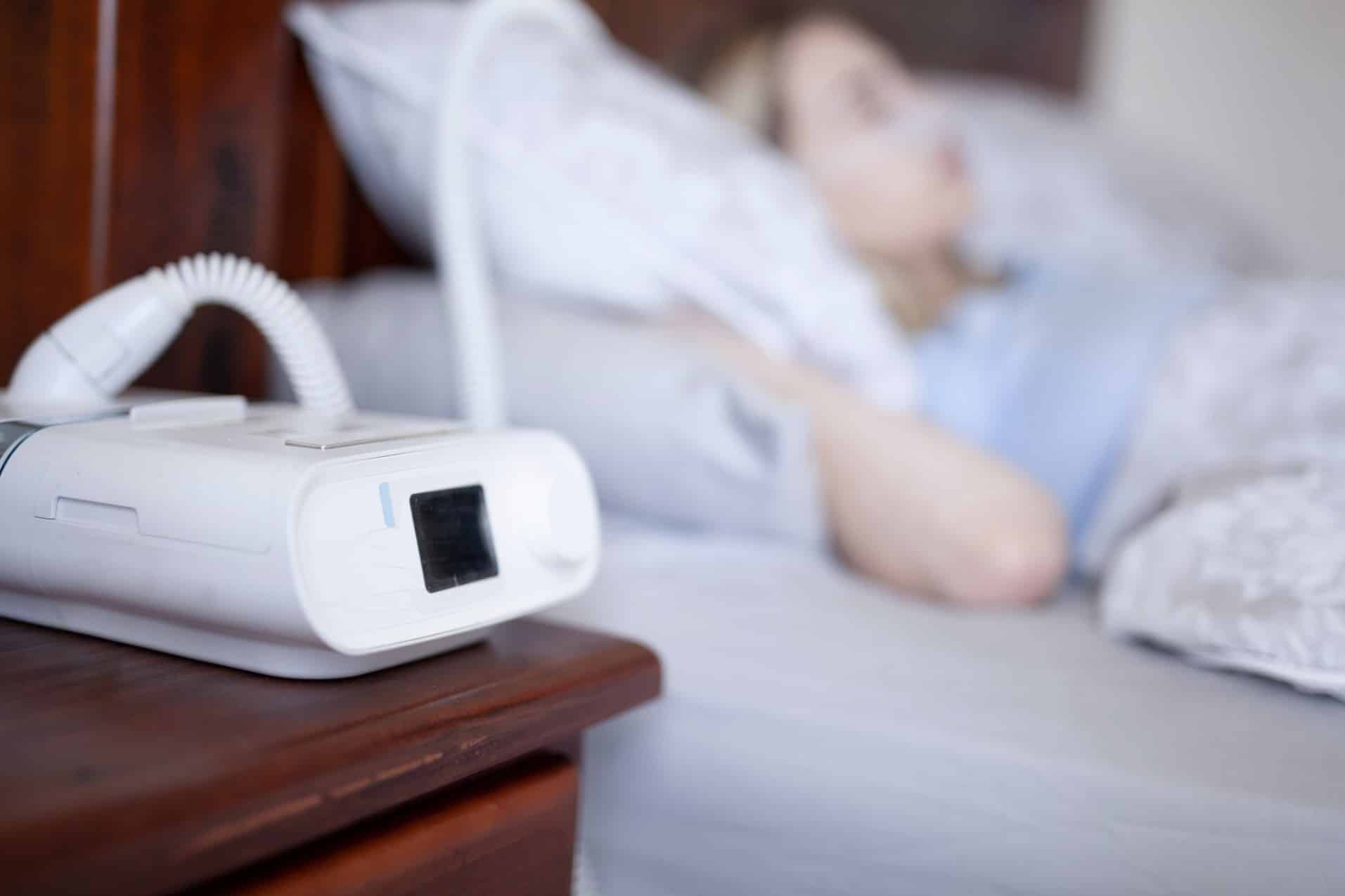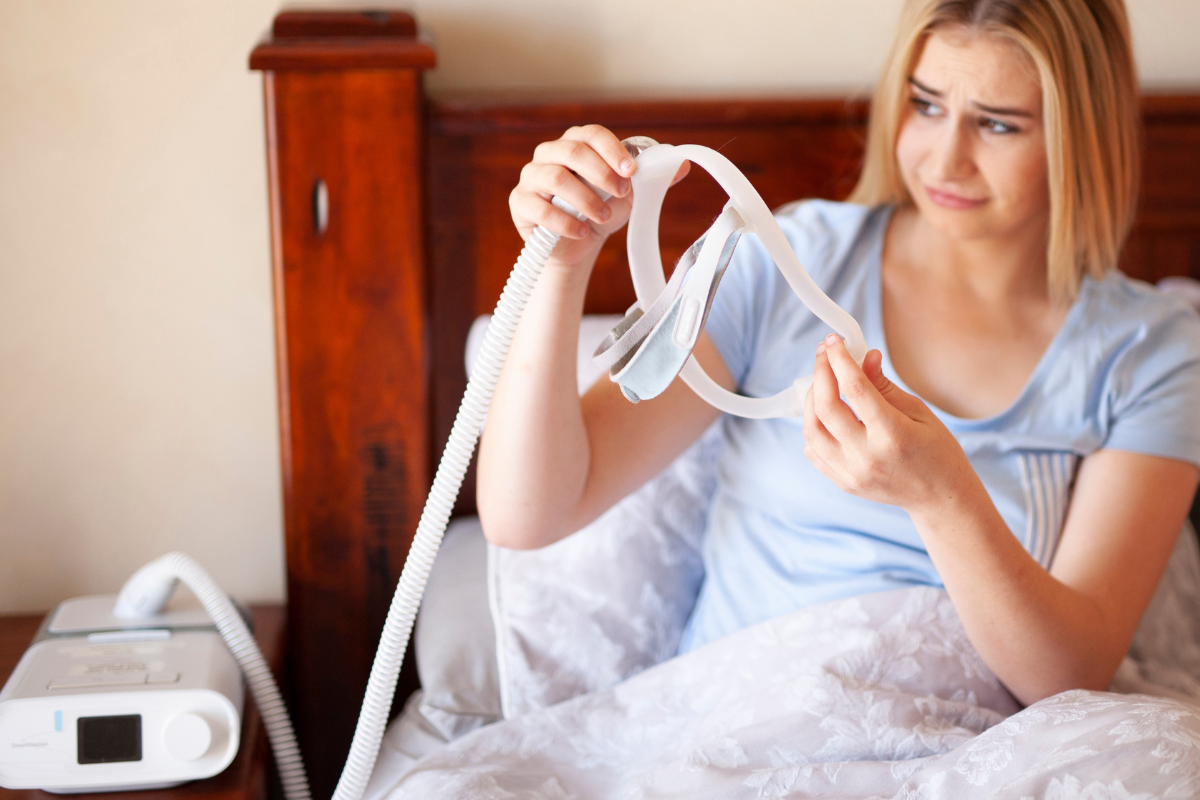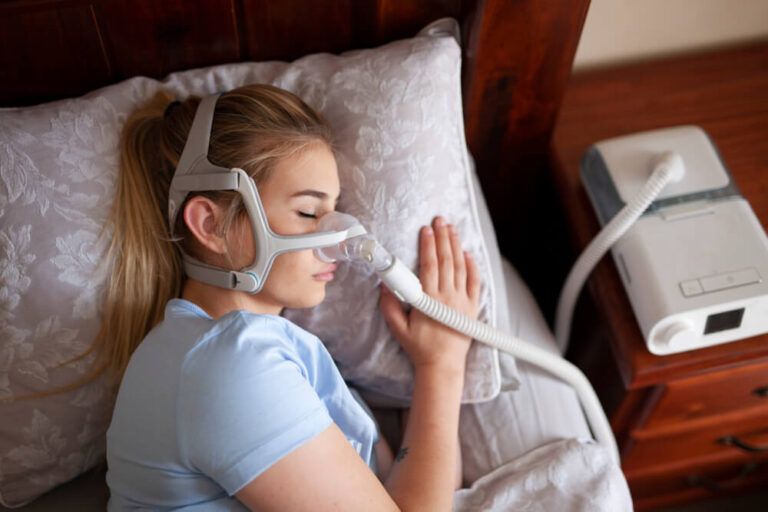Can Your Sleep Apnea Be Reduced by an Implanted Tongue-Stimulating Device? What You Must Understand
You are likely familiar with the routine if you have been diagnosed with obstructive sleep apnea (OSA): nightly whooshing, face mask, and CPAP machine. You may have experienced difficulties with it, such as uncomfortable straps, dry mouth, or simply having trouble falling asleep, like many others do.

An implanted tongue-stimulating device that treats moderate to severe OSA without the inconvenience and bulk of CPAP is revolutionizing the field in this regard.
What is this high-tech solution exactly, and is it effective?
What Is a Sleep Apnea Tongue-Stimulating Device?:max_bytes(150000):strip_icc()/sleepapneadevice-GettyImages-1018016046-ad8626e53dd3478884e98b2afcf880e0.jpg)
These are tiny, implanted devices that are positioned in your neck and chest, such as the Inspire® Sleep Apnea Innovation system. The hypoglossal nerve, which governs your tongue, is stimulated by them.
The objective? When you sleep, keep your tongue from falling back and obstructing your airway.
You can think of it as a breathing pacemaker.
How Does It Operate?
In a same-day outpatient procedure, the device is implanted (typically under general anesthesia).
The hypoglossal nerve, which regulates tongue movement, is reached by a tiny wire.
Before going to bed at night, you use a handheld remote to switch it on.
The gadget detects your breathing and gently stimulates your tongue to maintain an open airway by slightly moving it.
It fits in with your natural breathing rate, is silent, and does not require a mask.
Who Could Benefit from This Implant?
Not everyone is a good fit for this therapy. You could be a strong contender if:
Your AHI is usually between 15 and 65, indicating that you have moderate to severe obstructive sleep apnea.
You tried and did not succeed (or you can not stand it). CPAP treatment
Your central sleep apnea is not severe.
Generally speaking, your BMI is under 35 (other clinics have tighter cutoffs).
Your airway anatomy is good, as shown by a sleep endoscopy.
What Advantages Are There?
No hose, no mask, and no sound
Better quality sleep and less drowsiness during the day
High levels of patient satisfaction and sustained compliance
You choose when to turn it on and off using a remote control.
can significantly lower the number of apnea episodes each hour.
According to a research published in the New England Journal of Medicine, after 12 months, there was a 68% decrease in apnea episodes, and after 5 years, nearly 80% of patients continued to use the device every night.
What About Hazards or Drawbacks?
There are hazards associated with any surgical procedure:
Pain or infection at the implant location
During stimulation, discomfort or tingling of the tongue
Infrequent problems with device failure or movement
expenses incurred out of pocket if insurance does not cover it in full (but many do)
Even though it is less invasive, surgery is still required, and recovery takes time.
Price and Coverage Coverage
If CPAP has failed and you fulfill clinical standards, many insurance carriers, including Medicare, will fund the operation, which often costs between $30,000 and $40,000.
However, coverage differs and normally requires prior clearance, so make sure to check with your insurance company and sleep specialist.
Does It Make Sense?
Yes, for a lot of people. Particularly if: CPAP simply is not functioning for you
You are looking for a long-term, mask-free fix.
You are prepared to have surgery to improve your health and sleep quality.
It is not a one-size-fits-all approach, though. The key is a comprehensive evaluation with a sleep specialist, which frequently involves a drug-induced sleep endoscopy (DISE).
Conclusion: A Contemporary Choice for Contemporary Sleep
You do not have to wear a heavy mask all the time if you have sleep apnea. A tongue-stimulating implant might provide genuine relief for people who are unable to tolerate CPAP—without compromising comfort or way of life.
It is not a quick remedy, and not everyone will find it to be the best solution. However, it may help you obtain the deep, healing sleep your body has been lacking.
What's Your Reaction?




















